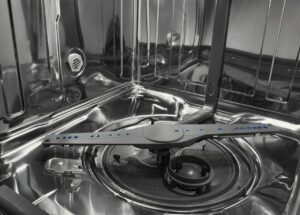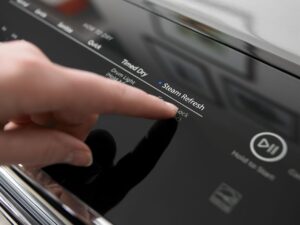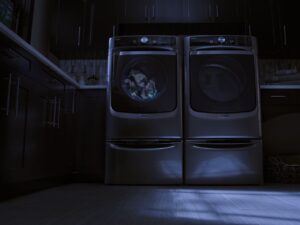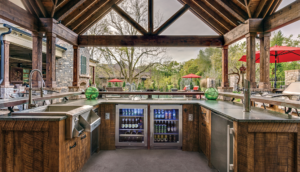Which is Best for Entertaining? Gas vs. Electric Ranges
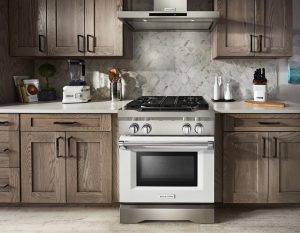
This is a popular debate that has been raging in foodie circles for many years and there is no sign of a resolution in sight. When it comes to entertaining guests in a busy kitchen, it’s important to choose a Range that can perform efficiently at a high standard. In the past, this question would have been easier to answer, but modern Ranges have a number of useful features that make the choice a little more challenging. In this article, we will take a closer look at gas and electric Ranges to help you make an informed purchasing decision.
The Initial Costs
When you remodel your kitchen, the cost of a Range can have a major impact on your budget. An electric Range tends to be a lower initial investment when compared to a gas alternative. As you can see from our electric Range selection, it is possible to get a good Range at a very reasonable price. An electric Range typically has a cost of $450 up to $950 and the gas Range price range is $980 up to $2,100. But, that isn’t the whole story because the operating cost after installation is a little higher with an electric Range. The difference isn’t huge, it costs around $50 per annum to run an electric Range and this figure is based on a daily usage of around 30 minutes.
Your Preferred Cooking Style
When you cook, it’s important to use a Range that you enjoy using and that cooks the food in the way that you enjoy it. The cooking style can have a dramatic effect on how food looks and tastes which is important for daily use and entertaining. The main difference between the gas and electric Ranges is the way that the heat is produced for cooking. An electric Range tends to produce food that’s drier and gas cooked food is moist. If you want to cook crispier food, an electric Range is a great option and vice versa. Of course, there are techniques that can change these characteristics a little, but the differences remain.
Differences in Heating Times
A gas Range heats indirectly because the heat is generated from a flame and the coils can take longer to come to temperature when compared to an electric Range. This makes gas Ranges less efficient when you want a kitchen that is designed for entertaining. But, once they reach the desired temperature, they perform well for the food you’re making. At this point, the heat is touching the pan or pot directly, but an electric Range tends to lose a little efficiency due to a thin layer at the top of the burner coil.
The Power Hook-Up
Using an electric Range is easy, you need an electrical outlet, which can be found in any modern kitchen. It’s easy to connect an electric Range and you can locate it pretty much anywhere you like. A gas Range is harder to hook up if you don’t already have a gas line running into your kitchen. If you live in a remote location, gas can be a better option because you still have a functioning Range if a power interruption occurs.
Kitchen Safety
Whenever fire and heat is used, there is going to be some element of risk to consider. With an electric Range, the main risks are electrical power outages and burns. The main risk of using a gas Range is a gas leak that can release harmful fumes or create a fire in the kitchen. Gas lines must be secure to avoid lateral movement that could cause a gas leak. Both gas and electric Ranges can be a risk in the kitchen and a professional installation is recommended.
If your Range is not up to the task and you’re considering an upgrade, explore our collection of Ranges with all the latest features or speak to one of our home appliances specialists for further advice and guidance.
- Choosing Between a Plastic and a Stainless Steel Dishwasher Tub
- Steam Dryers: Efficient, Gentle, and Wrinkle-Free Laundry Solution
- Benefits of a Smart Washing Machine
- Beverage Stations: Elevating Your Kitchen with the Latest Trend
- New Ways to Design Your Kitchen in 2024
- Should You Choose a Column Refrigerator?
- The Benefits of an Outdoor Pizza Oven
- Should You Choose a Freestanding or Slide-In Range?
- Understanding Microwave Wattage
- Standard or Pro Ranges: Which One is Best for Your Home?


